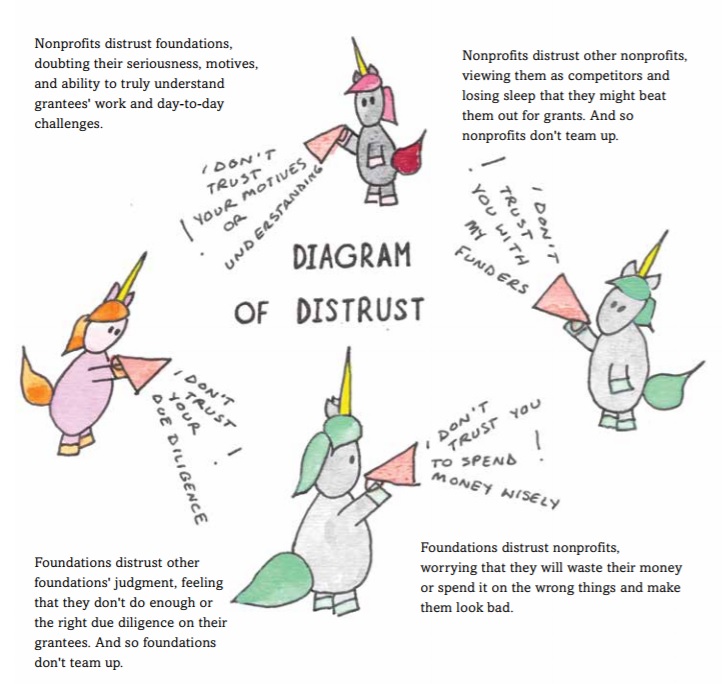
However, this movement is a discussion all of us need to have in the sector, and making mistakes and learning is a part of it, especially those of us who have positional authority due to our titles.
In the past few months, I’ve been reading up on others’ stories and thoughts. This blog post is a reflection on a few things our sector must do, prompted by various articles written by other professionals in the field. As such, it might not be very eloquent or comprehensive. But I hope one or more of these points might help to facilitate some discussions and actions.Continue reading →





